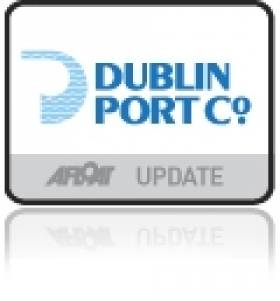Displaying items by tag: RIBcraft
Up Close and Personal: New Boat Tours of Dublin Port
In addition to cruising this stretch of the River Liffey alongside the 'Docklands' quarter, the tour RIB boat will pass downriver through the East-Link toll bridge where visitors will get closer views of the variety of vessels and calling cruise liners from other ports throughout the world.
There will be five daily tours beginning at 10.00am, 12.00pm, 2.00pm, 4.00pm and 6.00pm.Tickets cost €15.00 for adults, €12.50 for students and the charge for senior citizens and children is €10.00.
In addition Sea Safari operate a 'River Liffey' only tour, a Dublin Bay 'North' and 'South' tours which visit Howth Head, Baily Lighthouse, Ireland's Eye and to Dalkey Island and Killiney Bay, where both bay tours provide a chance to spot local marine wildlife of seals, porpoises and sea birds.
- Rib
- Dublin Port
- Dublin Docklands
- Howth Head
- marine wildlife
- Cruise Liners
- Sea Safari Tours
- Dalkey Island
- Port of Dublin
- River Liffey
- Ports and Shipping News
- EastLink
- EastLink Toll Bridge
- Dublin Port news
- Baily Lighthouse
- Killiney Bay
- Seabirds
- Port of Dublin news
- RIBcraft
- M.V. Cill Airne
- Dublin Port cruise liners
- North Quay Wall Dublin
- Dublin Bay tours
- Ireland's Eye
























































